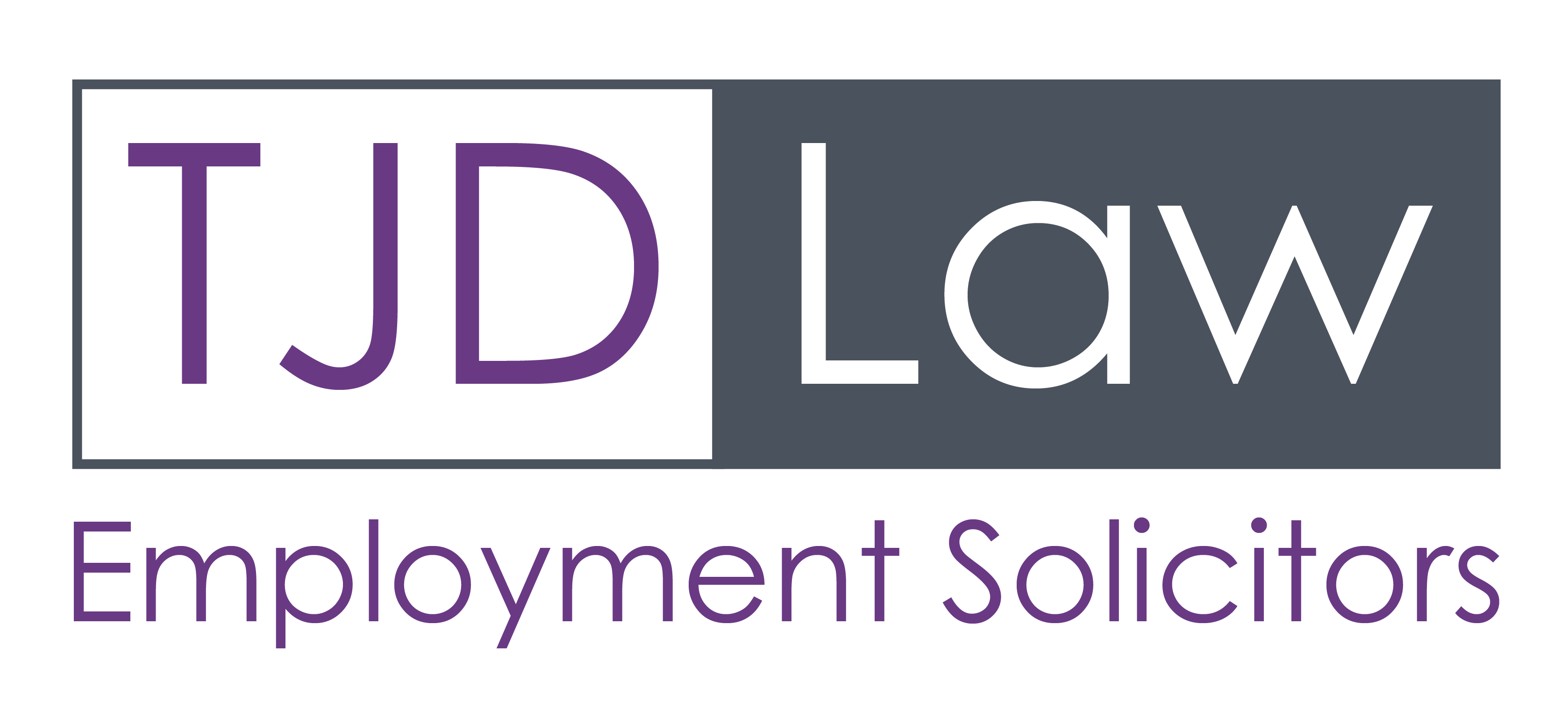Previously known as ‘Compromise Agreements’, Settlement Agreements are increasingly popular as a means of bringing an employment relationship to an end in a swift and tidy manner.
A typical Settlement Agreement will provide for the employee to receive certain termination payments, and perhaps a reference, in return for the employee waiving his/her right to pursue any employment-related claims against the business. For the employee, it offers a means of securing a lump sum payment, without the cost, risk, stress and delay of pursuing a claim through the Employment Tribunal. For the employer, it offers the certainty and peace of mind that the matter has been fully resolved – without the risk of litigation or adverse publicity – allowing the employer to quickly return its focus to running the business.
Following the introduction of ‘pre-termination negotiations’, otherwise known as ‘protected conversations’, employers can now have a frank conversation with employees about the possibility of a Settlement Agreement, without the fear that the conversation might be used against them. Employment legislation provides that any genuine discussions about a Settlement Agreement must remain confidential and cannot be used as evidence in any subsequent unfair/constructive dismissal claim. Note, however, that such conversations cannot be used as a cloak for improper or discriminatory behaviour towards an employee.
A Settlement Agreement must observe certain legal requirements in order to be valid and binding. It has to be in a certain form and, crucially, the employee must receive independent legal advice on the document before signing.
A well drafted Settlement Agreement will not only record the financial terms of severance, but will also deal with the practicalities of the employee exiting the business, such as: notice periods and garden leave; return of company property; internal/external announcements; resignation of directorships; confidential information and restrictive covenants.
TJD Law has significant experience in drafting both simple and complex Settlement Agreements for businesses. Alternatively, we can provide independent advice to employees who have been offered such an Agreement.
